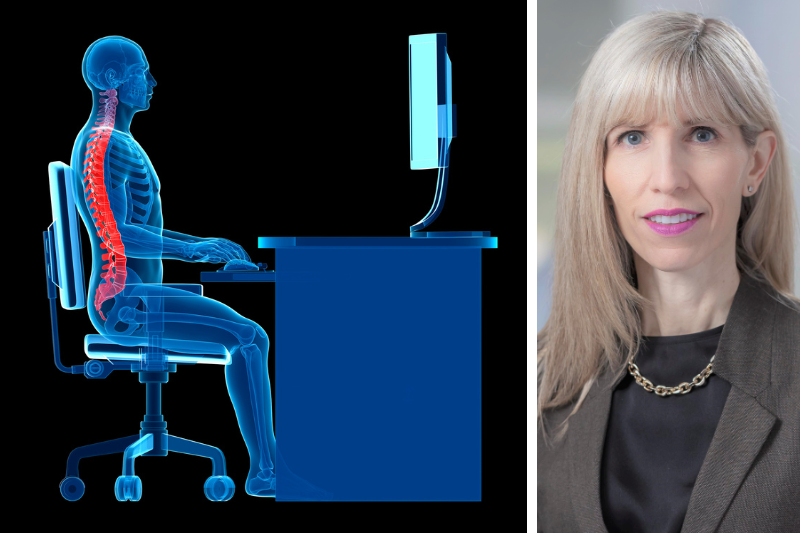807

“MSIs are the most common type of workplace injury, making up 30 percent of all WorkSafeBC time-loss claims and 26 percent of claim costs," says Suzana Prpic, director of Prevention Field Services at WorkSafeBC.




